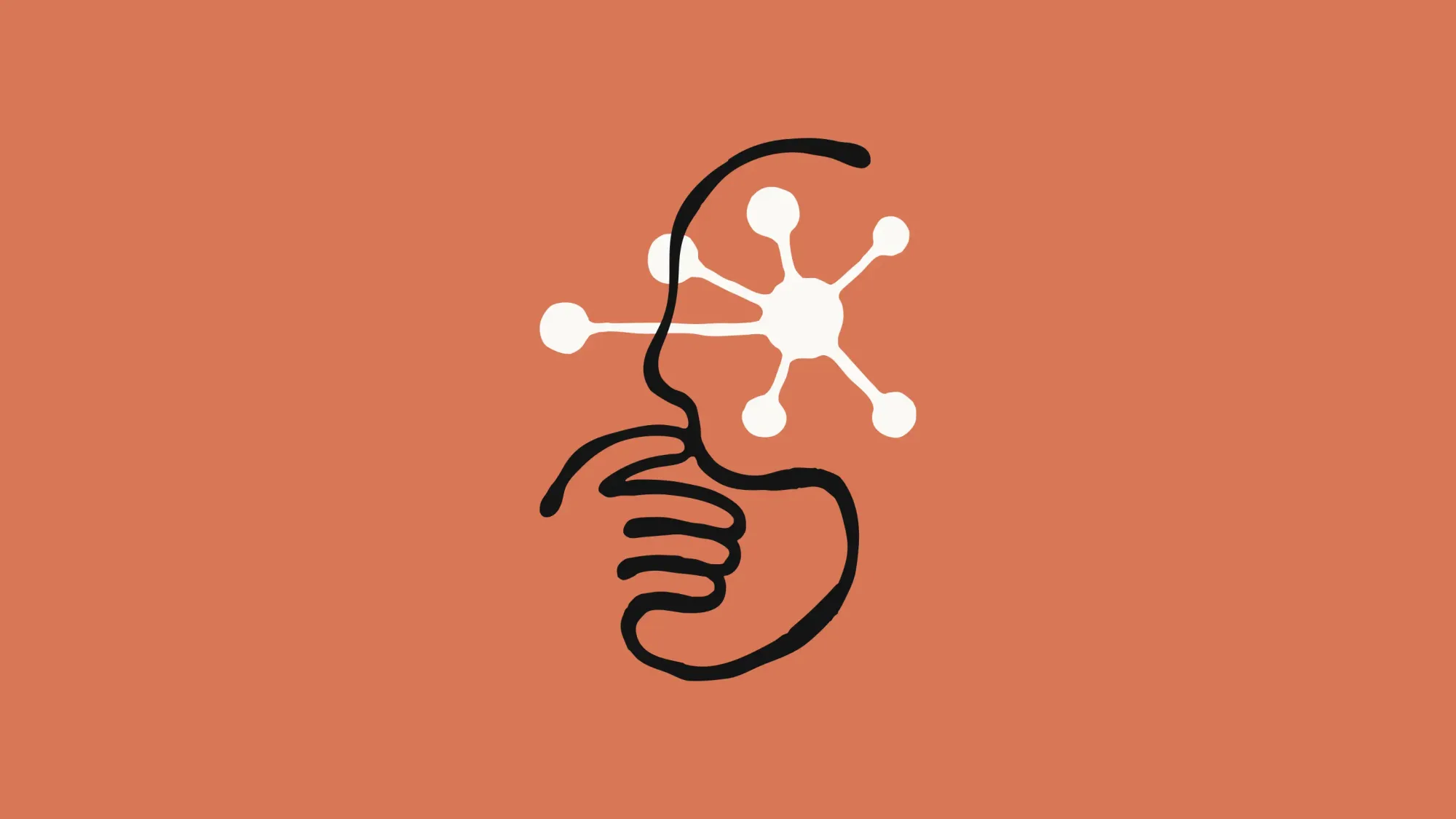Vibe Coding: The Future of AI-Assisted Programming

I recently learned an interesting term from my colleague Frank called "Vibe Coding". By definition, Vibe Coding is an AI-dependent computer programming practice where an inexperienced person describes a problem in a few sentences as a prompt to a large language model (LLM) tuned for coding. The LLM then generates software, freeing the programmer from writing and debugging the underlying code. Advocates of Vibe Coding claim that it allows even amateur programmers to create software without the extensive training and skills traditionally required.
The Rise of AI in Everyday Life
Once I understood the meaning of the term, it made total sense to me! Over the past couple of years, Artificial Intelligence has become incredibly popular, largely due to the rise of ChatGPT. Now, anyone can easily access AI and quickly get optimal answers to virtually any question.
Traditionally, Google was the primary tool for researching topics, requiring users to go through dozens, if not hundreds, of links to piece together a vague conclusion. While this method often worked, there was no way to verify the accuracy of the information found across multiple sources. In contrast, AI tools like ChatGPT provide direct answers based on vast datasets, revolutionizing the way we conduct research. While AI-generated responses are not always correct, the ease of interacting with AI through natural language prompts has reshaped our perspective on information gathering.
Many people, myself included, have embraced AI technology in our daily lives. Whether using it as a personal assistant, a writing proofreader, or even a coding companion, AI has become an essential tool. In my case, AI has helped me improve my writing and become a better programmer and designer.
AI Use Cases

ChatGPT
I’m curious to know how others use ChatGPT, but for me, it’s most helpful for proofreading my writing, asking general questions, and generating images or thumbnails. This has significantly enhanced my ability to communicate clearly, especially in a fast-paced work environment where clarity and conciseness are crucial. Additionally, I am not a designer, so the ability to transform my ideas into visuals with AI is incredible. The fact that I can refine AI-generated images until they match my vision almost instantly is just mind-blowing!

Claude
Not too long ago, my colleague Alberto shocked our company by using Claude to create a highly detailed interactive design layout for an upcoming feature launch in our mobile app. Traditionally, we relied on basic wire-framing tools like Balsamiq to prototype rough designs for the development team. While these tools worked well, they still had a learning curve, requiring time to master and it's very limited in functionality.
With Claude's powerful tool called "Artifacts", anyone can now take an existing screenshot or start from scratch and instruct the AI to generate an interactive design. The AI not only codes but also suggests design improvements. The first time I tried it, I was blown away. What used to take developers significant time to create can now be done instantly, without needing a dedicated designer. Even more impressive, the AI-generated code is often usable with minimal modifications within our existing codebase.
While we use this technology responsibly and ensure the generated code aligns with our larger development strategy, there’s no denying how valuable this tool is in accelerating our prototyping and development processes. It has the potential to improve efficiency tenfold.
The Future of AI and Creativity
As AI continues to evolve and more companies adopt this technology, some people worry that it will hurt creativity or lead to job losses. While there may be some truth to these concerns, I believe it’s essential to embrace AI as a tool for enhancing productivity rather than fearing it.
Am I afraid AI will replace my job? Not really. Those with specialized knowledge like in coding and design will always have an advantage, as they can better understand and refine AI-generated outputs to create something even more impactful.
AI in Education
Circling back to Vibe Coding, I can’t help but wonder how this shift will affect how schools teach coding and, more broadly, how young students acquire knowledge. The educational system must adapt to this new information age - not by viewing AI as a cheating tool but as a companion that unlocks knowledge more efficiently. I plan to introduce my children to AI and teach them how to use it responsibly. I’m excited to see what the future holds for them!